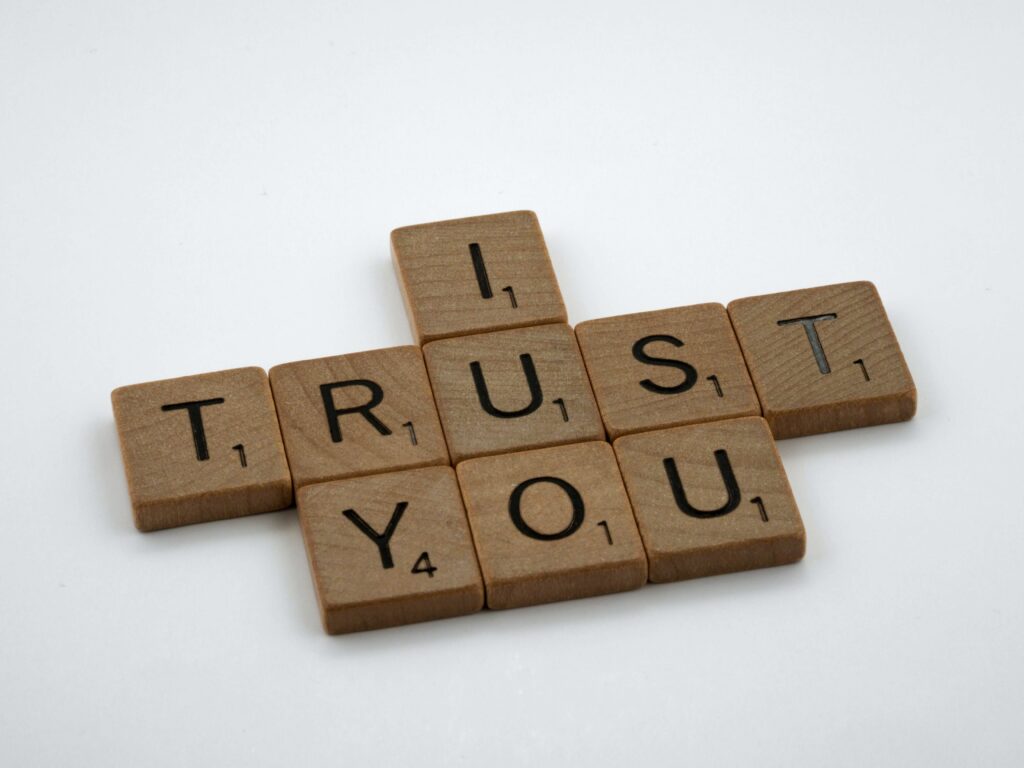As a traffic victim (hereinafter: third-party claimant), section 6 of the Motor Insurance Liability Act (hereinafter: WAM) offers you the possibility to claim against the WAM insurer of the party causing the accident for the damage you suffer as a result of the accident. What does this direct claim actually mean for you as a third-party claimant? Besides your right to compensation, do you as a third-party claimant also have an information and disclosure obligation towards the WAM insurer as stipulated in section 7:941 of the Civil Code?
Before I will answer that, it is important to know that in an insurance contract, the mutual trust between parties is even more important than in other contracts, it is a contractus uberrimae fidei[1]. The rationale of Section 7:941 of the Civil Code is that the insurer depends heavily on information from the insured, which is often difficult to verify[2]. The insurer must be able to rely on the reliability of this information. Because of this dependent relationship, violating this information and intelligence duty is heavily sanctioned.
In the case of claims by third-party claimants, too, the insurer is highly dependent on the information provided by the third-party claimant.
So much for the rationale of this article. In 2018, the Supreme Court answered the aforementioned question and provided more clarity on the relationship between the WAM insurer and the third-party claimant and the application of Section 7:941 of the Civil Code.[3] The Supreme Court ruled as follows:
‘In the case of personal injury caused by a motor vehicle, an injured party has, vis-à-vis the insurer by whom liability for the injured party’s injury is covered under the WAM, a right to compensation of his own pursuant to art. 6 WAM. In the absence of a contractual relationship between the injured party and the insurer, there is no direct applicability of section 7:941(5) BW. There is also no room for analogous application of this provision to the legal relationship referred to above. Section 7:941(5) of the BW was written for a specific contractual legal relationship. The legal relationship between the WAM insurer and the injured party is of an entirely different nature from that legal relationship and, moreover, is related to another (non-contractual) legal relationship, namely that between the injured party and the insured party. Furthermore, Article 7:941(5) BW has a sanctions nature. This provision may apply in a variety of cases of deception, including cases where the deception is less serious or only concerns the extent of the damage. The (potentially) far-reaching consequences of this sanction imply that it should have a statutory basis. There is therefore no room for accepting a general extra-statutory rule to the effect that in the event of deliberate deception of the insurer by the injured party, the own right under section 6 of the WAM lapses.’
In short: according to the Supreme Court, Section 7:941(5) of the Civil Code, the so-called information and disclosure obligation, does not apply towards the third-party claimant. According to the Supreme Court, the third-party claimant does not fall within the definition of the ‘insured person or person entitled to benefits’ under Section 7:926(2) of the Civil Code, so that the duty to inform and notify does not apply to him.
What does this actually mean for the third-party claimant, who, for example, withholds information or commits (partial) fraud for short?
An insured or benefit recipient who commits fraud against his own insurer can be punished for it. Article 7:941(5) of the Civil Code talks about the forfeiture of the right to benefits if “the policyholder or person entitled to benefits” deliberately misleads the insurer. This refers to a legal relationship between two parties, whereas after a traffic accident, there are usually three parties ( liable party, WAM insurer and third-party claimant) who come into relationship with each other. Thus, no contractual relationship exists between the insurer and the third-party claimant. This is an important fact when a third-party claimant in the relationship with the WAM insurer commits (partial) fraud or attempts to do so.[4] A forfeiture of the right to compensation cannot occur under Art. 7:941(5) BW.
So what sanctions can the WAM insurer apply?
If a third-party claimant has committed (partial) fraud in the assessment of his claim, it is established that he has been untrustworthy. This may affect the assessment of his damages and, in any legal proceedings, how a judge will assess the plausibility of certain contentions. Furthermore, in the mutual relationship between the insured and third-party claimant, fraud is already being settled, by not treating alleged losses as damages, which also means that the insurer does not have to pay out. In addition, the sanction of Section 7:941 of the Civil Code seems to serve mainly the interest of the insurer.[5]
[1] See, inter alia, Asser/J.H. Wansink, N. van Tiggele-van der Velde & F.R. Salomons, Special Agreements. Volume 7-IX*. Insurance, Deventer: Kluwer 2012, no. 314, N. van Tiggele-van der Velde, Evidentiary relationships in insurance law, diss., Deventer: Kluwer 2008, para. 5.2.6 and P.L. Wery & M.M. Mendel, Hoofdzaken verzekeringsrecht, Deventer: Wolters Kluwer 2017, p. 8.
[2] P.L. Wery & M.M. Mendel, Hoofdzaken verzekeringsrecht, Deventer: Wolters Kluwer 2017, p. 8, the oration by N. van Tiggele-van der Velde published as N. van Tiggele-van der Velde, ‘The wrong insured. On insurance & fraud’, Het Verzekerings-Archief 2013, p. 67 et seq. and J.H. Wansink, ‘Forfeiture of a right or a right in lapse?’, in P. Abas et al (ed.), Omwille van de consument (Clausing volume), Zwolle: W.E.J. Tjeenk Willink 1990, p. 205. See also, inter alia, HR 8 June 1962, NJ 1962/366 m.nt. J.H. Beekhuis (Tilkema’s thumb), HR 10 January 1969, ECLI:NL:HR:1969:AC1194, NJ 1969/190 m.nt. G.J. Scholten (De Zeven Provinciën) and HR 3 December 2004, ECLI:NL:HR:2004:AQ8089, NJ 2005/160 m.nt. M.M. Mendel (Lorus watch).
[3] HR 6 July 2018, ECLI:NL:2018:1103.
[4] See, for example, Rb. Rotterdam 28 September 2016, ECLI:NL:RBROT:2016:7421, VR 2017/165, Court of Appeal Arnhem-Leeuwarden 8 November 2016, ECLI:NL:GHARL:2016:8950, VR 2017/163, Rb. Rotterdam 30 March 2017, ECLI:NL:RBROT:2017:10392, Arnhem-Leeuwarden Court of Appeal 29 August 2017, ECLI:NL:GHARL:2017:7544, NJF 2017/495, Rb. Limburg 22 November 2017, ECLI:NL:RBLIM:2017:11271 and Rb. Gelderland 28 February 2018, ECLI:NL:RBGEL:2018:940.
[5] M. van Tiggele-van der Velde, ‘Fraud on the side of the found victim’, Trema 2015, 8, pp. 256-261, The Hague: Sdu Uitgeverij.
Do you have personal injury and need the assistance of a lawyer? If so, please contact Elfi Letselschade Advocaat for a consultation with no obligation.




